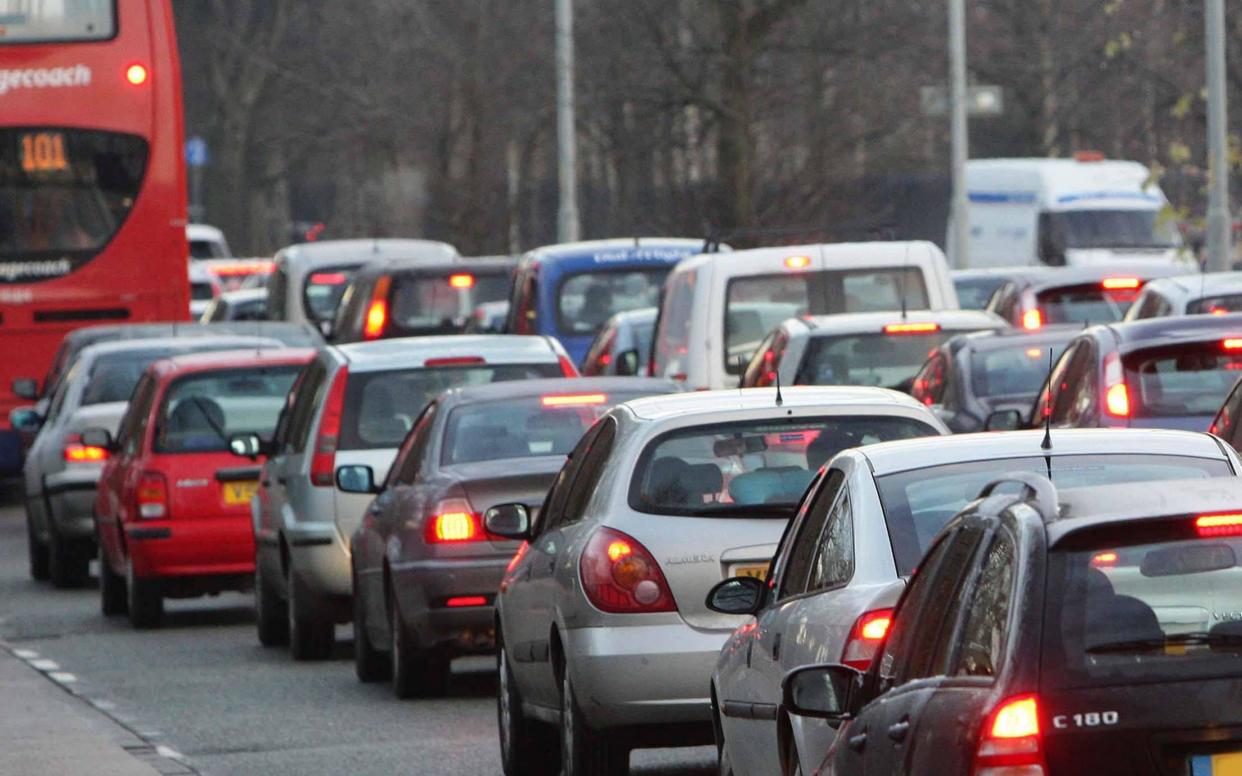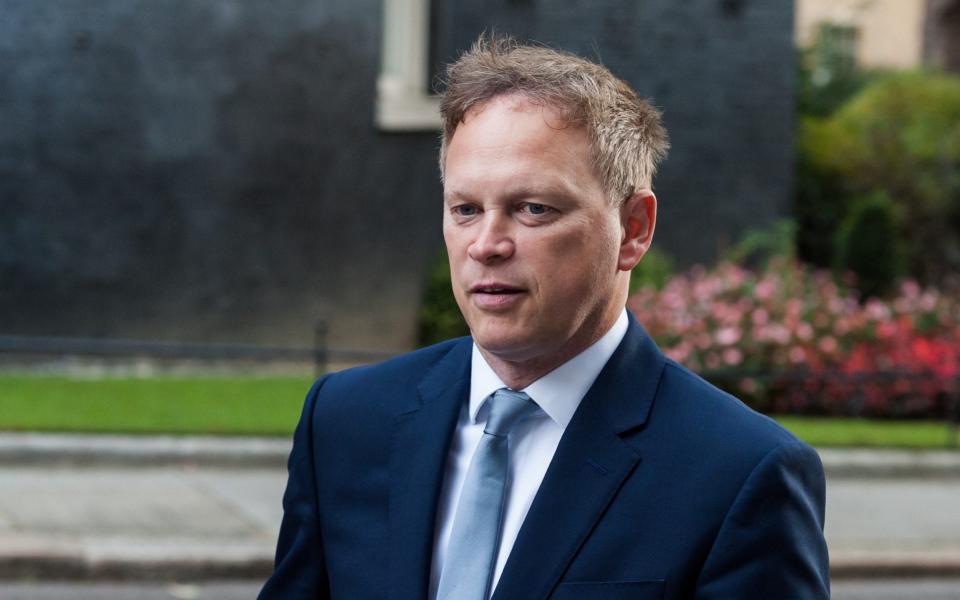Exclusive: Councils claim millions from Shapps' green fund while running diesel and petrol fleets

Councils claiming millions of pounds from Grant Shapps’ controversial green transport revolution are running fleets of diesel polluting vehicles, The Telegraph can reveal.
Local authorities have been accused of gross hypocrisy after it emerged thousands of their cars, vans and lorries are diesel powered, rather than environmentally friendly electric or hybrid energy.
A total of 7,862 diesel vehicles are being used by 37 councils, which have claimed millions of pounds to close streets and build cycle lanes to try to encourage people to abandon cars.
Only 777 vehicles owned by those councils run on hybrid power or electricity, with a further 654 using petrol.

Pollution and environmental campaigners criticised councils on Saturday night for not “practising what they preach” and instead relying on “dirty vehicles”.
Town hall bosses’ preference for diesel and petrol came in for particularly fierce criticism because fossil fuel emissions of nitrogen dioxide pose a threat children’s health, as well as contribute to global warming.
The Telegraph contacted more than 70 councils which claimed a large slice of the Transport Secretary’s £250million fund intended to promote walking and cycling.
However, only 37 responded, meaning the true extent of councils’ owned or leased diesel fleet is far larger.
Hampshire County Council and Sheffield City Council each have more than 750 diesel-powered vehicles. Meanwhile, the City of York, Dudley and Walsall have no electric or hybrid vehicles at all. The greenest council appeared to be Kirklees Council, which has just one diesel, with 71 electric or hybrid and 30 petrol.
Rosamund Kissi-Debrah, whose daughter Ella died from a rare form of asthma believed to have been exacerbated by pollution from traffic near her home in south London, said: “My borough of Lewisham has put us through 15 weeks of pollution misery due to road closures, causing higher emissions from traffic congestion.
“It is hypocritical and shocking that councils telling us to walk and cycle are actually causing breathing problems among children with their diesel vehicles.”
Low Traffic Neighbourhoods’ (LTNs) have proven controversial with critics, claiming they can shift congestion and pollution to main roads, slow 999 emergency response times and cut the number of visitors to high streets, crippling small businesses.

Harriet Edwards, senior policy and project manager for air quality at Asthma UK and the British Lung Foundation, said: “Diesel vehicles are a major culprit in our air pollution health emergency, but ultimately there needs to be a reduction in both diesel and petrol vehicle use, and a big shift towards walking and cycling, public transport use and electric vehicles if we are going to make an impact on harmful emissions.
“Diesel and petrol vehicles give off high levels of nitrogen dioxide and fine particulate matter, which are harmful to everyone’s health, but especially to the health of the very young, older people and people with lung conditions.”
“We would like to see Government and councils working together to reduce their diesel and petrol vehicle use so that everyone can breathe clean air with healthy lungs.”
Councillor David Renard, transport spokesman for the Local Government Association, said councils are determined to make “greener places for future generations”, and want to reduce the number of polluting vehicles, adding “this is not a process that happens overnight, and some low emission alternatives for certain specialist vehicles are yet to exist”.
A spokesman for Lewisham Council has insisted local air quality had improved by up to 33 per cent, but that the LTN schemes were under review.
A spokeswoman for the Department of Transport added: “Our £2.5bn programme to support grants for plug-in vehicles and funding for chargepoint infrastructure at homes, workplaces, on residential streets and across the wider roads network are all part of our world-leading package to encourage electric vehicle uptake.
“We are committed to building a greener transport system, reducing carbon emissions and boosting economic growth in the UK, which is why we’re supporting the transition to zero emission vehicles alongside our proposal to bring forward the end to the sale of new petrol and diesel cars and vans.”


